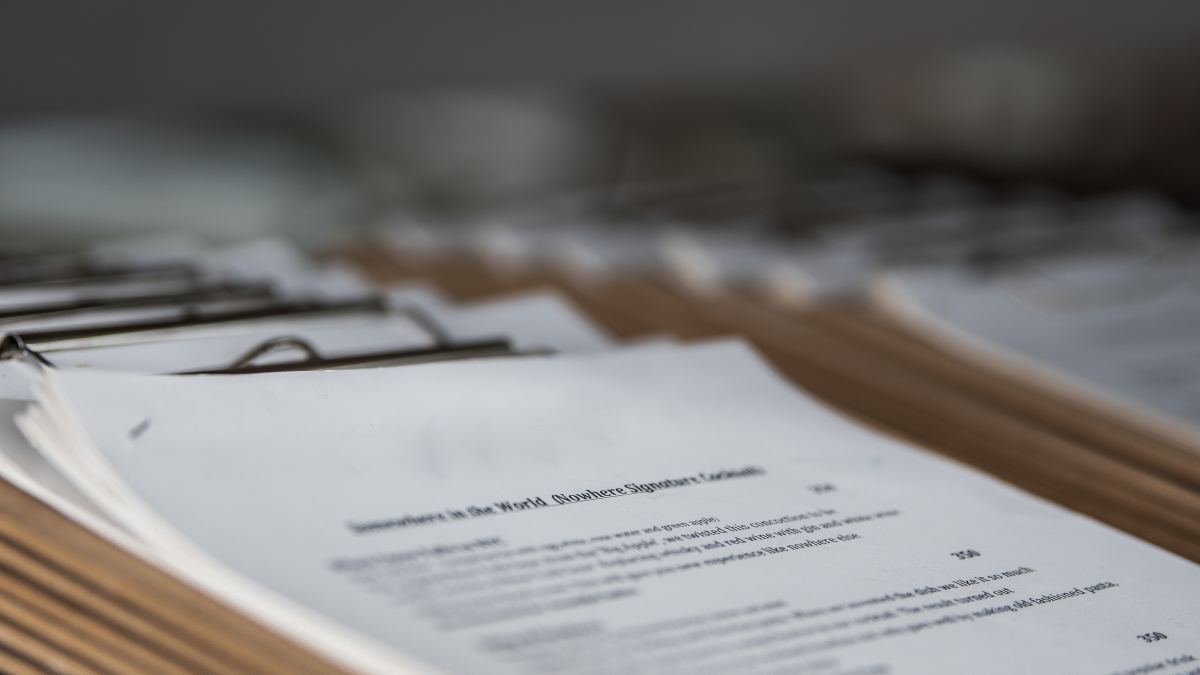Personal Bankruptcy Information
The Last Debt Management Option
If you are like many people these days, your budget may be tight and you wonder each week how you are going to make all those bill payments. Personal bankruptcy is certainly an option, but not necessarily the best option. U.S. laws have changed in the last couple of years that make it not so appealing to many. Study and read as much as you can about this very difficult issue.
Personal bankruptcy generally is considered the debt management option of last resort because the results are long-lasting and far reaching. People who follow the bankruptcy rules receive a discharge, a court order that says they don’t have to repay certain debts. However, bankruptcy information (both the date of your filing and the later date of discharge) stay on your credit report for 10 years, and can make it difficult to obtain credit, buy a home, get life insurance, or sometimes get a job. Still, bankruptcy is a legal procedure that offers a fresh start for people who have gotten into financial difficulty and can’t satisfy their debts.
Per the U.S. Bankruptcy code there are two primary types of personal bankruptcy: Chapter 13 and Chapter 7. Each must be filed in federal bankruptcy court. As of April 2006, the filing fees run about $274 for Chapter 13 and $299 for Chapter 7. Attorney fees are additional and can vary.
• Bankruptcy Basics ...
• Bankruptcy definition, explanations and specifics
According to the U.S Trustee Program the vast majority of bankruptcy cases are filed by consumers rather than businesses, and are filed under either Chapter 7 or Chapter 13 of the federal Bankruptcy Code. Approximately 70 percent of cases are Chapter 7 liquidations filed by consumers, and nearly 30 percent are Chapter 13 wage-earner repayment cases.
Effective October 2005, Congress made sweeping changes to the bankruptcy laws. The net effect of these changes is to give consumers more incentive to seek bankruptcy relief under Chapter 13 rather than Chapter 7. Chapter 13 allows people with a steady income to keep property, like a mortgaged house or a car, that they might otherwise lose through the bankruptcy process. In Chapter 13, the court approves a repayment plan that allows you to use your future income to pay off your debts during a three-to-five-year period, rather than surrender any property. After you have made all the payments under the plan, you receive a discharge of your debts.
The Bankruptcy Abuse and Prevention Act of 2005 established more stringent rules for consumers and attorneys.
The filing process is now more difficult for debtors:
- Debtors must file more documents; including itemized statements of monthly net income, proof of income (pay stubs) for the last 60 days, and tax returns for the preceding year (four years for Chapter 13).
- Debtors must take a pre-filing credit counseling and post-filing education course to have debts discharged.
- Debtors face increased filing fees, plus fees for credit counseling/education.
- The bankruptcy petition and process are more complicated, so it's very difficult to file without an attorney.
Chapter 7 is known to most people as straight bankruptcy, and involves liquidation of all assets that are not exempt. Exempt property may include cars, work-related tools, and basic household furnishings. Some of your property may be sold by a court-appointed official, a trustee, or turned over to your creditors. The new U.S. bankruptcy laws have changed the time period during which you can receive a discharge through Chapter 7. You now must wait 8 years after receiving a discharge in Chapter 7 before you can file again under that chapter. The Chapter 13 waiting period is much shorter and can be as little as two years between filings.
• U.S. Bankruptcy Code - Chapter 7 ...
Chapter 13, often called wage-earner bankruptcy, is used primarily by individual consumers to reorganize their financial affairs under a repayment plan that must be completed within three or five years. To be eligible for Chapter 13 relief, a consumer must have regular income and may not have more than a certain amount of debt, as set forth in the Bankruptcy Code.
• U.S Bankruptcy Code - Chapter 13 ...
Both types of bankruptcy may get rid of unsecured debts and stop foreclosures, repossessions, garnishments and utility shut-offs, and debt collection activities. Both also provide exemptions that allow people to keep certain assets, although exemption amounts vary by state. Note that personal bankruptcy usually does not erase child support, alimony, fines, taxes, and some student loan obligations. And, unless you have an acceptable plan to catch up on your debt under Chapter 13, bankruptcy usually does not allow you to keep property when your creditor has an unpaid mortgage or security lien on it.
Another major change to the bankruptcy laws involves certain hurdles that a consumer must clear before even filing for bankruptcy, no matter what the chapter. You must get credit counseling from a government-approved organization within six months before you file for any bankruptcy relief. You can find a state-by-state list of government-approved organizations at www.usdoj.gov/ust. Also, before you file a Chapter 7 bankruptcy case, you must satisfy a “means test.” This test requires you to confirm that your income does not exceed a certain amount.
Fresh Start Through Bankruptcy
Disclaimer: The content of this page is not affiliated with the company names or products discussed, listed, presented or shown. The information provided is for general information purposes only and without warranties of any kind. Company names and products shown may be trademarks of their respective owners.








